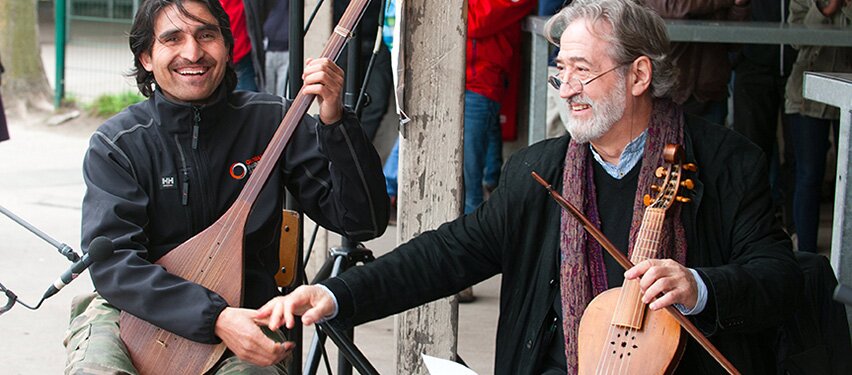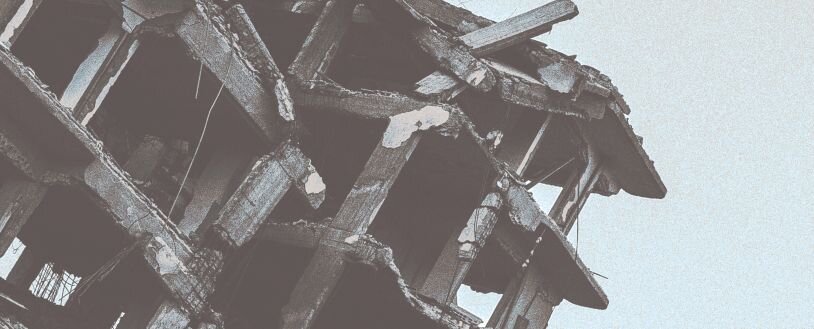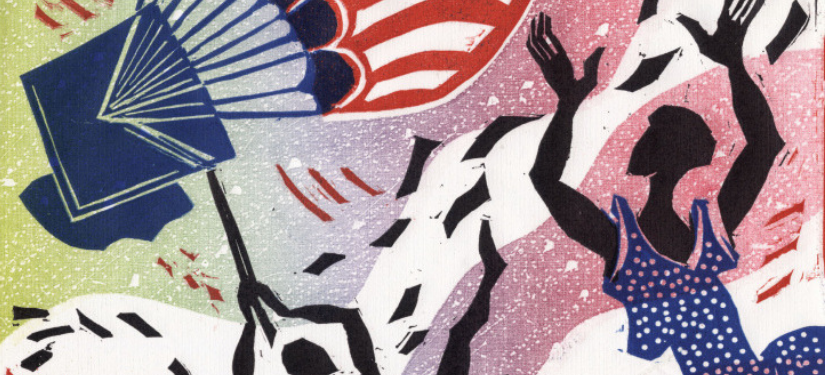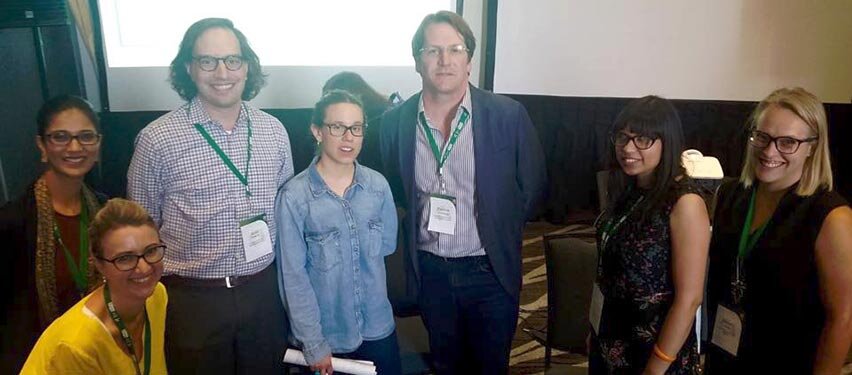Humanitarian aid in globalization
Understanding the changes taking place in humanitarian aid today


Latest activities

Annulé | Survivre, perpétuer, revendiquer : les musiques en situation de crise humanitaire
Colloque | 24 octobre 2020

Extreme violence: investigate, rescue, judge
Syria, Rwanda, Democratic Republic of Congo

Presentation of Fabrice Jaumont's book, "Unequal Partners"
Wednesday 10th October

Fabrice Jaumont at the Comparative & International Education Society 2018 (CIES)
Re-Mapping Global Education. South-North Dialogue
See all activities
Published at 15 September 2015

